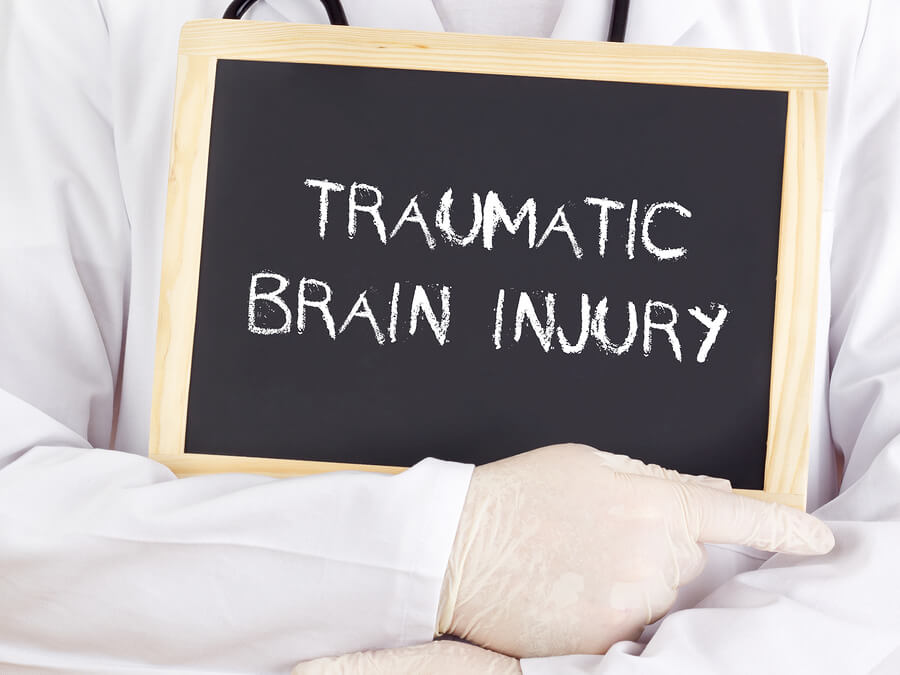Brain Injury in Elderly: What Can Memory Care Do?

Brain Injury in Elderly & the Benefits of Memory Care
Caring for a senior with a brain injury can be challenging, as traumatic brain injury in elderly individuals often affects memory, behavior, and daily functioning, requiring specialized support. MD Senior Living offers memory care assisted living, providing a structured and supportive environment tailored to individuals facing cognitive and emotional challenges. These facilities emphasize structured routines, engaging activities, and personalized care to enhance well-being and cognitive function. With expert staff and a focus on safety, residents receive the attention they need to navigate daily life more comfortably while maintaining dignity and quality of life.
Understanding Memory Care Assisted Living
Memory care assisted living is designed specifically for individuals facing challenges related to memory loss, such as Alzheimer’s disease, dementia, or minor head injury in the elderly. You’ll find tailored care strategies in this supportive environment that prioritize each resident’s unique needs. Staff members are trained to understand the complexities of cognitive decline, ensuring they can provide compassionate and practical assistance.
Engaging activities and structured routines help stimulate cognitive function and enhance overall well-being. You’ll see that a safe, nurturing atmosphere fosters independence while offering the necessary support. By choosing memory care assisted living, you’re not just providing a place to live; you’re promoting dignity, respect, and the highest quality of life for your loved ones. Additionally, these facilities offer structured environments tailored to memory care needs, ensuring safety and engagement.
The Unique Needs of Brain-Injured Seniors
When caring for brain-injured seniors, they face unique cognitive challenges that can affect their daily lives. For instance, when an elderly patient falls and hits the head, they may experience delayed symptoms such as confusion, dizziness, or memory lapses. Providing emotional and social support is essential to help them navigate these difficulties while maintaining dignity. Understanding their needs can make a significant difference in their quality of life. Facilities that specialize in memory care can offer tailored support to address these specific challenges effectively.
Cognitive Challenges Faced
Cognitive challenges faced by brain-injured seniors often require specialized support and understanding. You may notice significant cognitive decline, impacting their ability to process information and recall memories. For seniors experiencing traumatic brain injury in elderly symptoms, even routine tasks can become difficult. Recognizing that these seniors might struggle with attention, problem-solving, and decision-making skills, leading to frustration and confusion, is crucial. Tailored support can help bridge these gaps, fostering a more independent and fulfilling life. By creating structured routines and using memory aids, you can enhance their ability to navigate daily activities. Empathy and patience are key in addressing their unique challenges, ensuring they feel valued and understood as they cope with their cognitive limitations. Furthermore, assisted living can provide a renewed sense of purpose and community, essential for their emotional well-being.
Emotional and Social Support
Emotional and social support is essential for brain-injured seniors, as their unique circumstances can lead to feelings of isolation and frustration. Those dealing with brain bleeding in elderly prognosis often require consistent care and reassurance, as complications can affect both physical and emotional well-being. Building emotional resilience through supportive relationships can significantly improve their quality of life. Engaging in social connections helps them feel valued, understood, and less alone. Additionally, assisted living facilities provide structured environments that enhance emotional and social support for residents.
Safety and Security in Memory Care Facilities
Guaranteeing safety and security in memory care facilities is essential for residents and their families, as it provides peace of mind in an often challenging situation. These facilities implement robust security protocols to protect seniors, including controlled access to prevent wandering and regularly monitoring common areas. When an elderly patient falls and hits the head, it’s critical to have trained staff who can recognize potential injuries and respond appropriately.
Emergency preparedness is also a priority, with extensive plans for various situations, such as medical emergencies or natural disasters. Routine drills help guarantee that everyone knows their role in an emergency, fostering a sense of security. By prioritizing safety, memory care facilities create a supportive environment where families can feel confident that their loved ones are cared for and protected.
Tailored Cognitive Support and Activities
Cognitive engagement is essential for seniors facing memory challenges, as it helps maintain their mental sharpness and overall well-being. Tailored activities enhance their cognitive skills while providing enjoyment and fulfillment. Seniors recovering from minor head injuries in the elderly may benefit from personalized programs that encourage gradual cognitive stimulation. Caregivers can foster a supportive environment that encourages participation by focusing on individual interests and abilities.
Engaging seniors in these tailored activities supports their cognitive functions and enriches their daily lives, promoting a sense of purpose and connection.
Peace of Mind for Families and Caregivers
Your peace of mind is essential when caring for a loved one with memory challenges. Knowing they’re in a safe environment with professional caregivers and structured daily activities can ease your worries. For seniors affected by brain bleeding in elderly prognosis, having medical oversight and continuous support ensures they receive the best possible care.
Enhanced Safety Measures
Knowing that enhanced safety measures are in place as families navigate the challenges of caring for loved ones with memory impairments can provide invaluable peace of mind. Memory care assisted living facilities prioritize fall prevention through secure environments, such as handrails, non-slip flooring, and monitored walking paths. These thoughtful designs reduce the risk of accidents, ensuring your loved one can move safely around their space.
Professional Caregiving Support
Steering through the complexities of memory care can be overwhelming, but professional caregiving support reassures families and caregivers alike. With personalized care tailored to each senior’s unique needs, you can feel confident knowing your loved one is in capable hands. The compassionate staff is trained to understand the challenges faced by those with memory impairments, providing not just assistance but genuine empathy and connection.
Structured Daily Activities
In memory care settings, structured daily activities play a vital role in enhancing the well-being of seniors. Whether recovering from a minor head injury in the elderly or experiencing long-term cognitive decline, engaging in enriching activities helps maintain mental function and emotional health. These structured routines provide stability and predictability, which can be incredibly comforting for residents and their families.
In memory care assisted living at MD Senior Living, brain-injured seniors find a haven that meets their unique needs. Whether recovering from traumatic brain injury in elderly symptoms or facing the long-term effects of a brain bleed in elderly prognosis, they receive tailored care designed to enhance their well-being. With structured routines and engaging activities, they not only improve cognitive abilities but also foster meaningful connections with others. This supportive environment offers peace of mind for families, knowing their loved ones are in caring hands. After all, when the going gets tough, it’s comforting to know there’s a place where they can truly thrive and feel at home. For more information, please call us at 480-418-9150.





Leave a Comment